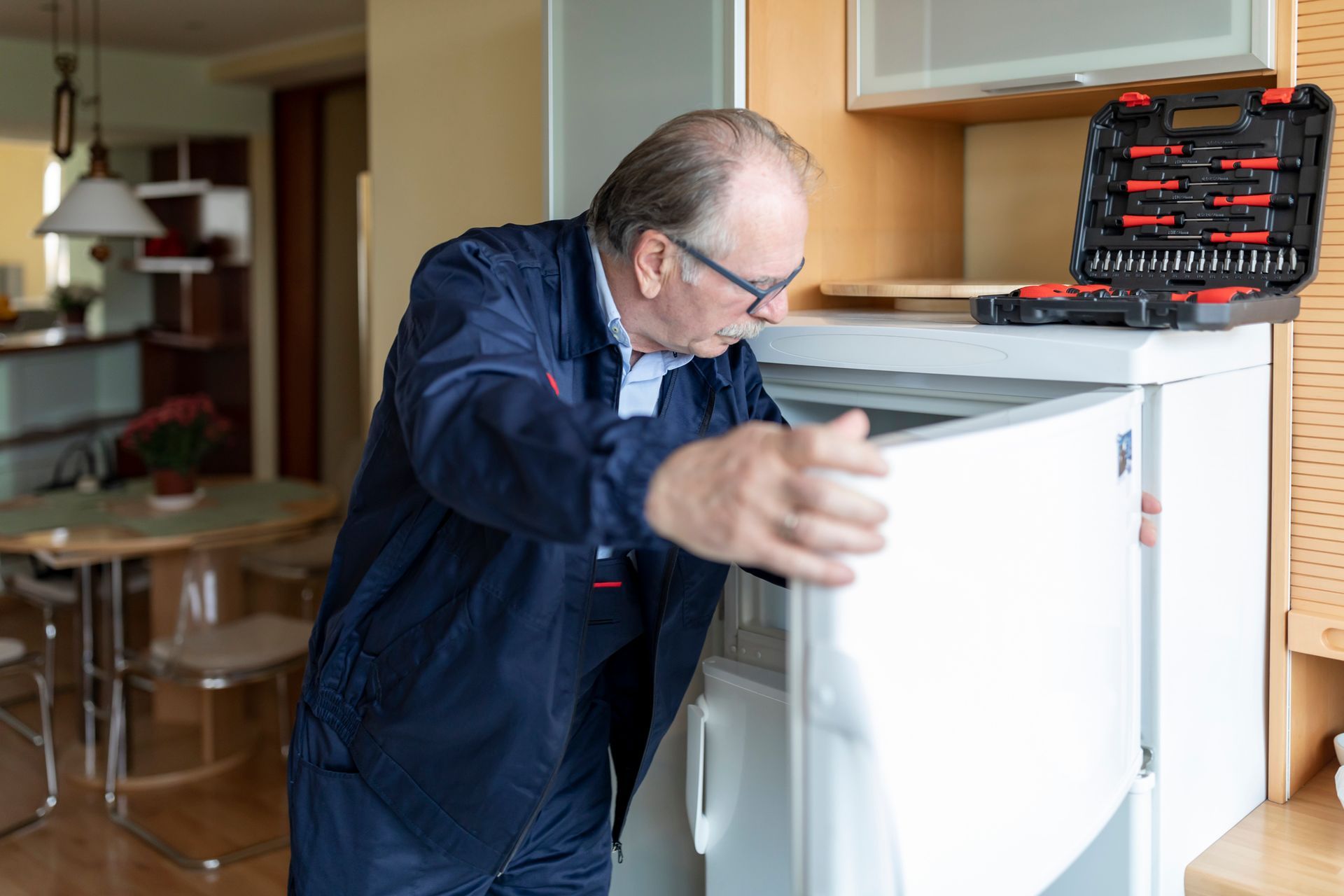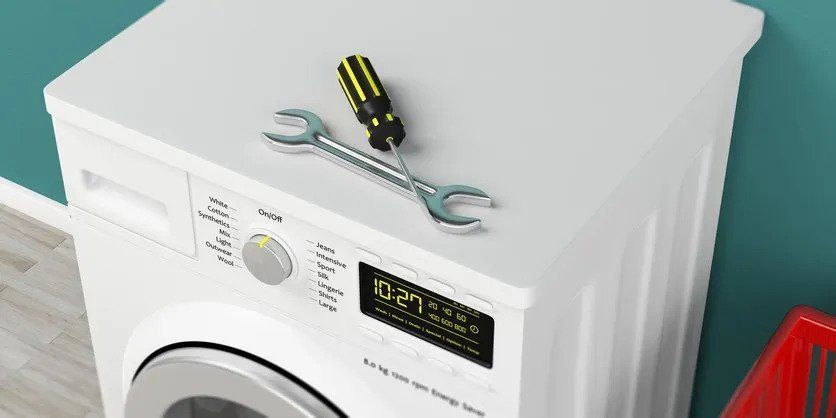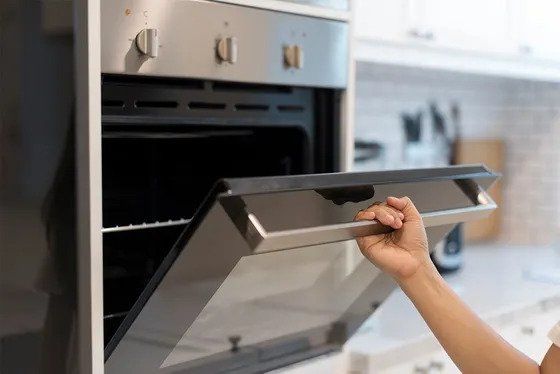5 Dos and Don'ts for Keeping Your Refrigerator in Tip-Top Shape
26 January 2018
Whether you have recently purchased a new refrigerator or have used the same fridge for a while, you need to properly maintain it for efficiency and longevity. Knowing when to call in a professional repair technician is important. In addition, there are a few measures you can take to keep your refrigerator working properly. Here's what you should and should not be doing.
1. Do Inspect the Refrigerator Gaskets Frequently
Your refrigerator gaskets provide an airtight seal to lock in the cold, maintain the set temperature, and keep your foods fresh. Broken, cracked, or otherwise damaged gaskets may not do the job as intended. This in turn may cause your refrigerator to work harder or not be energy efficient. When the cold air escapes due to a faulty gasket, your energy bills may rise.
If the refrigerator gaskets seem damaged, you need to have them replaced at once. You should also keep the gaskets clean. Wipe them down periodically using a mild dish soap and warm water. Hydrogen peroxide or chlorine bleach will remove mildew.
When tough dirt, debris, and grime become difficult to remove with a simple wipe down, remove them from the unit. Soak the gaskets in a large basin or in the bathtub. Next, dry them off before replacing them.
2. Don’t Neglect the Refrigerator Coils and Cooling Fan
Over time, the coils and cooling fan may become dirty from dust and debris. To keep your refrigerator operating efficiently, keep these areas clean. The coils and fan should be cleaned about once or twice a year. You can do this yourself or have a service technician do the job for you.
How is this task performed? It's relatively quick and easy. First, remove the lower grate and the back panel to access the coils and fan. Always shut off power by unplugging the unit first. A condenser brush will help remove dirt and debris.
If the coils or the fan are especially dirty and dusty, the technician may use a vacuum with an extended hose to clean them.
3. Do Prevent and Eliminate Refrigerator Odors
One simple way to prevent odors in the refrigerator is to keep all food items tightly sealed and covered. However, when odors do occur, you will need to eliminate them. After you remove all food contents, clean the refrigerator thoroughly.
For mild odors, try a solution of baking soda and water. For more stubborn odors, you might want to try using a solution of chlorine bleach and water. Placing a container of activated charcoal or coffee grounds in the fridge may also work. When you use bleach, be sure the area is well ventilated.
As a last resort, call a technician if you cannot remove the odors from your refrigerator. A repair tech may dissemble some parts to determine the cause of the odor.
4. Don’t Ignore Temperature Fluctuations
Has your fridge temperature been fluctuating, or has the temperature remained consistent? If you notice variations in the interior temperature is an ongoing issue, schedule an appointment with a service technician. Temperature fluctuations could indicate a problem that warrants repair.
5. Do Keep the Freezer Defrosted
If you notice ice building up in the freezer, you need to take action before it becomes a serious issue. If you are manually defrosting your freezer, help it along by placing a bowl of hot water inside. This may make the process go faster. If your refrigerator does not have a drip pan, place something on the floor to avoid a wet mess as the ice melts.
As a final thought, if you notice anything unusual pertaining to your refrigerator, contact a professional. Having the problem resolved before it escalates into something serious may save you money on repair or replacement.









